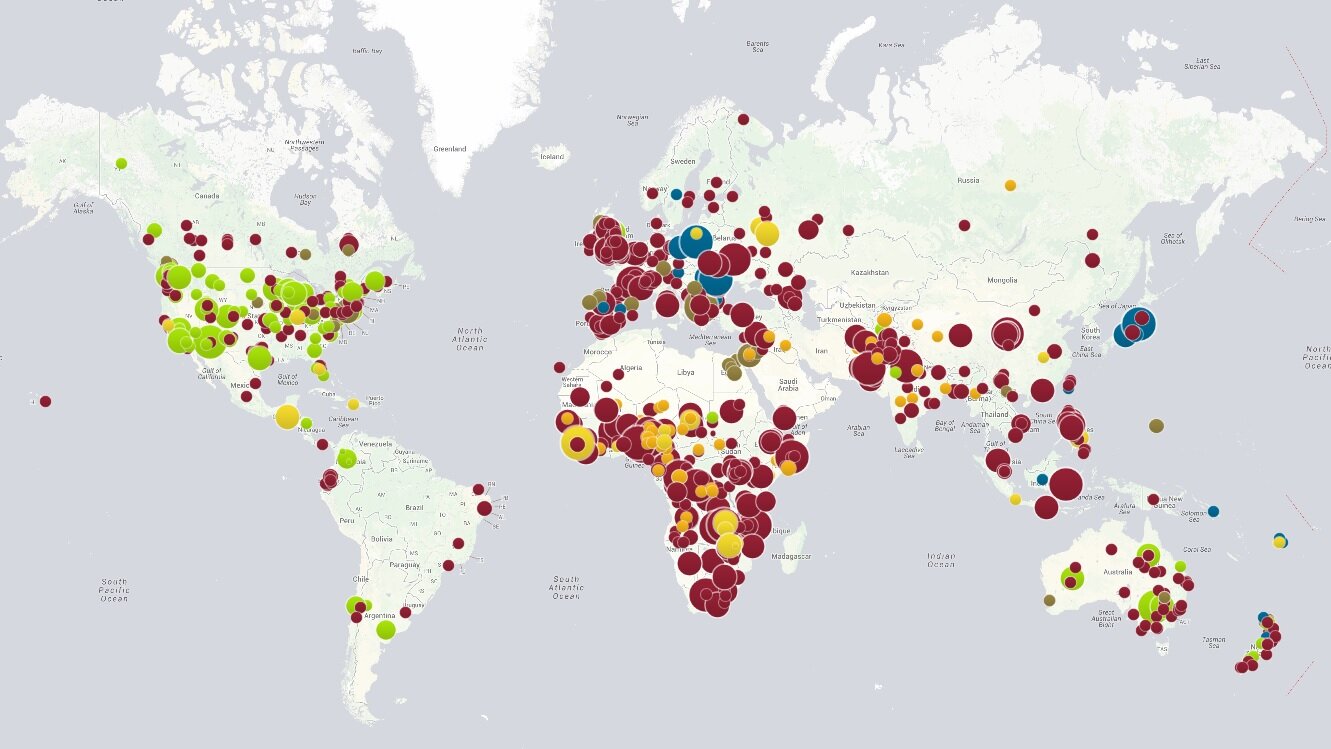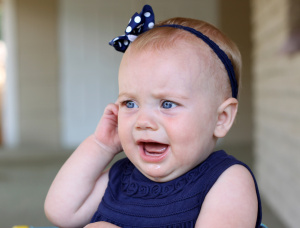Over the past few years, parents of unvaccinated children have been publicly blamed for increasing cases of B. pertussis whooping cough and deaths.
This despite the fact that even the Centers for Disease Control (CDC) admits that the rise in reported whooping cough cases cannot be blamed on unvaccinated children because “they are not the driving force behind the large scale outbreaks and epidemics.”1
Going back decades, rates of whooping cough have been nearly identical in countries with high and low vaccination rates. And according to the Centers for Disease Control and Prevention (CDC), pertussis vaccination rates in the U.S. have remained stable or have increased since 1992.
It’s important to realize that the pertussis vaccine has never conferred lifelong immunity to whooping cough—even after multiple doses.2
Other viruses and bacteria, such as parapertussis and RSV (which are notcovered by the vaccine) can also be clinically misdiagnosed as pertussis if proper lab tests are not performed, while many cases of pertussis are never diagnosed by doctors or reported to the CDC.
Most importantly, researchers are now realizing that B. pertussis bacteria have evolved and become vaccine resistant. It is reminiscent of the way that bacteria have become resistant to antibiotics, thanks to the massive overuse ofantibiotics in food production…







